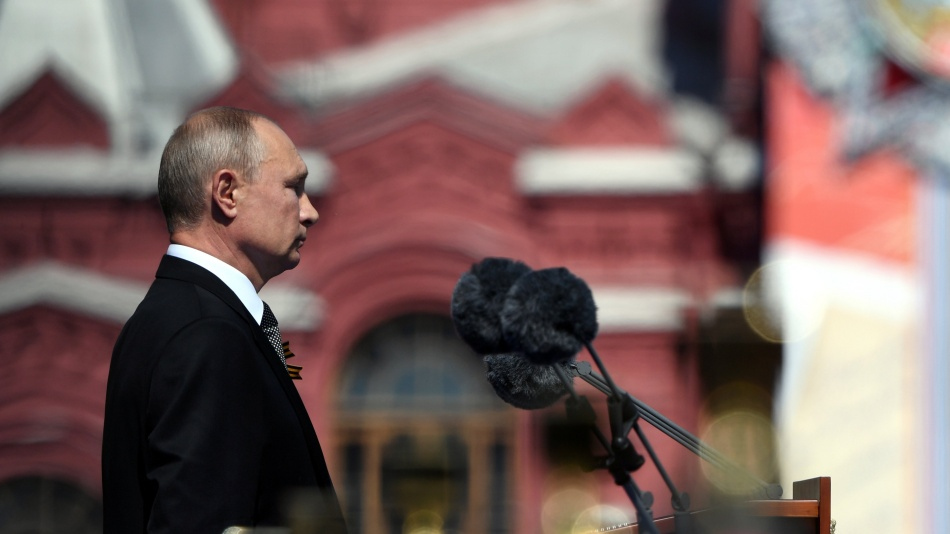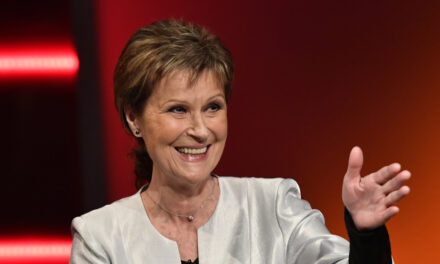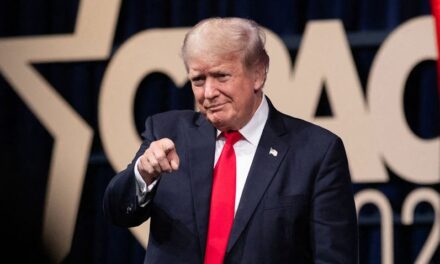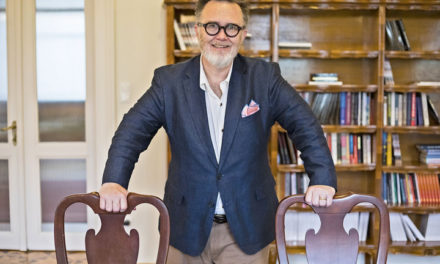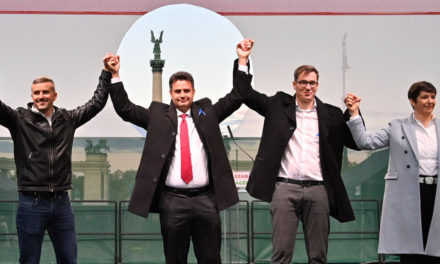Edward Luttwak, a world-renowned military strategist, notes that 18th-century wars fought by rival European rulers who could all converse in French were enviously admired in the bloody 20th century.
"They made it possible for trade and even tourism to continue - which was completely unimaginable even in Napoleon's time, let alone during the two world wars. These wars did not end in the utter exhaustion of collapsing empires, as in 1918, nor in infernal destruction as in 1945,
but with politely negotiated diplomatic agreements between card parties and balls"
- points out the author of UnHerd.
The Treaty of Paris of 1763, for example, which ended the Seven Years' War and French America, was not drafted by the victorious British Prime Minister, John Stuart, Earl of Bute. But his very good friend, the French foreign minister, Étienne-François de Stainville, Duc de Choiseul. It was he who solved the triple conundrum left by the French defeat: he paid Spain with Louisiana, Britain with Canada, and recovered the lucrative sugar islands for France, which still holds them.
And instead of the victors accusing the losers of incurable bellicosity, as Versailles did with Germany, or stringing them up individually as war criminals, as at the end of 20th century wars,
the winners of the 18th century preferred to console the losers with "good luck next time".
Luttwak notes that in a century in which there was a war every single year between 1700 and 1800, when one war ended, another necessarily started or at least persisted, allowing the "next one" to occur quickly.
“Neither Putin nor Zelensky speak French, but neither of them needs it to converse in their native Russian language.
Even if they don't actually talk (Putin has said modestly that he can't be expected to talk to Kiev's drug addicts and neo-Nazis), their officials surely can, and often do."
adds Luttwak.
Sanctions in Russia may have reduced easy access to imported luxury goods in local franchises, but they are still available through Turkey at a bit of a premium. Sanctions are having an effect everywhere, as Russia has actually become more international than anyone thought.
Luttwak adds, however, that unlike China, which has to choose between fighting and eating protein—some 90% of China's chicken, pork, and beef are raised on imported grains—Russia produces all its own staple foods, and therefore can fight endlessly and to eat. Nor does it import energy, as China should.
According to the author, this is why Russian propaganda claimed from day one that sanctions cannot stop the war. He believes that they played a big role, however, in the fact that members of the Russian elite fled the country by the tens of thousands, thereby reducing the human capital of the largest European nation - in exactly the same way as the Bolsheviks and the civil war caused it a century ago, and the opening of the borders in a a generation ago.
“Still, the sanctions could also cause trouble in the West if the winter turns unusually cold.
This is a topic on which Germany, which so enthusiastically applauded Angela Merkel for shutting down nuclear power plants and favoring Russian pipeline gas over American and Qatari liquefied gas, is strangely silent."
adds Luttwak.
As for tourism, after a series of restrictions on Russian visitors, in August the European border and coast guard Frontex announced that a total of 998,085 Russian nationals had entered the European Union legally through land border crossings since the start of the war, with more arriving by air Via Istanbul, Budapest and Central Asian airports. Other Russians continue to vacation in the Maldives and Seychelles with a stopover in Dubai.
"All this based on the 18th century principle that a war should not prevent gentlemen from landing on the water, or in this case diving into it"
- notes the author, adding that this war will not end because of Russian suffering.
So how can the war end?
Heraclitus of Ephesus wrote that “war is the father of all things” – even of peace, because it exhausts the material resources and life force needed to continue fighting.
"This leads us to accept poorer results - even capitulation - as the costs of better results keep rising"
Luttwak points out.
There is another kind of ending war—the kind taught to innocent students in "conflict resolution" classes, the kind that gets international applause and Nobel Peace Prizes: it's when ending war isn't by all-out combat, but by third parties benevolent intervention. According to Luttwak, however, this will never result in permanent peace, but only in frozen conflicts, as in the case of Bosnia-Herzegovina, where the possibility of renewed war is a perpetual threat.
"In the time of Heraclitus himself, war was the father of peace, mainly because it killed the young warriors and thus forced them to moderate conflicts until the next generation entered the age of war"
- writes the author, drawing attention to the fact that in the Second World War, the Germans clearly ran out of men at the end, when 16-year-olds served in the air defense troops, and the Volkssturm enlisted men up to the age of 60.
As for the Red Army, it lost millions in defeats and mass retreats in both 1941 and 1942, and ended up losing even more men in offensives.
According to Luttwak, there is currently no mention of war casualties of this magnitude in Ukraine. Despite the declining population, the number of Ukrainian men entering military age each year is at least 235,000, i.e. 20,000 per month. The number of Ukrainian losses, both killed and disabled, did not exceed 5,000 per month. As for Russia, more than 100,000 Russian men reach conscription age every month, while the monthly average for the fallen and disabled is under 7,000.
On February 24, Putin tried to start the war with an ultra-modern, fast-paced, paralyzing coup based on the principles of "hybrid warfare". So after expecting to capture Kiev in one day and all of Ukraine in three or four days (this was also the CIA's prediction), Putin had to realize that the Russian forces were unable to do so.
"Since Putin didn't stop then, he can't stop now either"
Luttwak writes, adding that "we may be headed for another seven-year war."
Seven months after the start of the war, Putin finally mobilized the reserves. The war is only the great teacher of those who fight in it, and the new Russian troops - perhaps 200,000 of the 300,000 conscripted will appear in Ukraine soon - must catch up with the Ukrainians, who have been "learning war" all year. Putin will therefore have to send more troops soon, risking the rise of resistance from the Russian people at home.
"But if Putin persists, then we will have to fight the war in a true 18th century way: with the strongest possible financial support for Ukraine's war,
but not necessarily with all possible sanctions to keep some in reserve to deter Russian [nuclear] retaliation”
notes Luttwak.
“And yes, it would be nice to find another Étienne-François de Stainville, Duc de Choiseul, who could gracefully lead us out of this war.
Because hoping for Putin's fall is not a strategy"
Luttwak concludes his article.
Featured image: EPA

